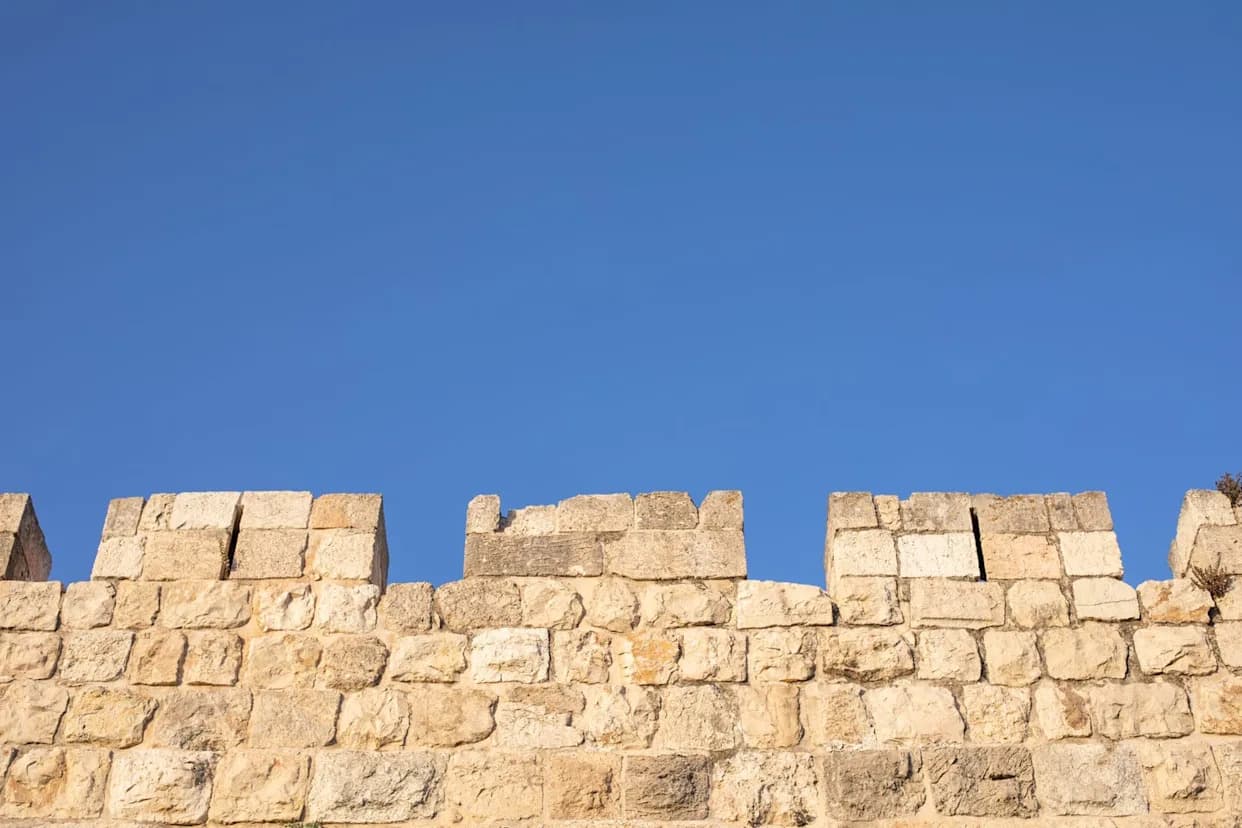Salah Abu Ali tends what locals say is the West Bank’s oldest olive tree, estimated at 3,000–5,500 years. Its trunk is nearly two metres wide and it can yield 500–600 kg of olives in a good year. The tree, officially recognised as a Palestinian natural landmark, stands near a five-metre separation wall and is widely seen as a symbol of Palestinian endurance amid occupation, settler violence and restricted land access.
Al-Walajah's Ancient Olive Tree: A Living Symbol of Palestinian Endurance

As caretaker of what locals believe is the oldest olive tree in the West Bank, 52-year-old Salah Abu Ali continues to prune its branches and harvest its fruit despite a harvest season disrupted by violence and restricted access.
A tree steeped in history
Experts quoted by locals estimate the tree’s age at between 3,000 and 5,500 years. Its massive main trunk—nearly two metres wide—is ringed by about a dozen large offshoots, some of which Abu Ali has named after family members. In a good year the tree can yield 500–600 kg (1,100–1,300 lb) of olives, and its oil is prized locally for its rich flavour; Abu Ali calls it "green gold."
Tended through conflict
The tree grows in the village of Al-Walajah, south of Jerusalem, only a few steps from the Israeli separation barrier—a concrete wall about five metres (16 feet) high, topped with razor wire. More than half of Al-Walajah’s original land now lies on the far side of that barrier.
"This is no ordinary tree. We’re talking about history, about civilisation, about a symbol," said Abu Ali, smiling behind his thick beard.
A symbol and a livelihood
Local officials and villagers regard the tree as a powerful emblem of roots and resilience. "It has become a symbol of Palestinian endurance," said Al-Walajah mayor Khader Al-Araj. The Palestinian Authority’s agriculture ministry has recognised the tree as a Palestinian natural landmark and named Abu Ali its official guardian.
Context: access, attacks and land issues
The broader olive harvest across the West Bank has been marked by clashes and access problems. Israel has administered the West Bank since 1967, and about 500,000 Israelis live in settlements in territory claimed by Palestinians. Palestinian authorities recorded 2,350 incidents involving settler attacks on farmers in the West Bank in October alone, and AFP journalists have observed Israeli forces dispersing Palestinians with tear gas or blocking access to farmland on multiple occasions. Local accounts say almost none of the suspected attackers have faced Israeli accountability.
Following the 1949 armistice and the 1967 occupation, much of Al-Walajah’s land was lost or placed under full Israeli control as part of Area C under the Oslo Accords. That status has left many homes vulnerable to demolition for lacking Israeli permits; Area C comprises roughly 66 percent of the West Bank.
Daily care and dwindling visits
Despite these pressures, Abu Ali maintains a small oasis around the tree, planting herbs and fruit trees and keeping a guestbook of messages in dozens of languages. Tourism to the site has fallen since the outbreak of war in Gaza in October 2023 and with tighter checkpoints across the West Bank, he said. "I’ve become part of the tree. I can’t live without it," he added.
Reporting by AFP. Translated and edited for clarity.
Help us improve.




























